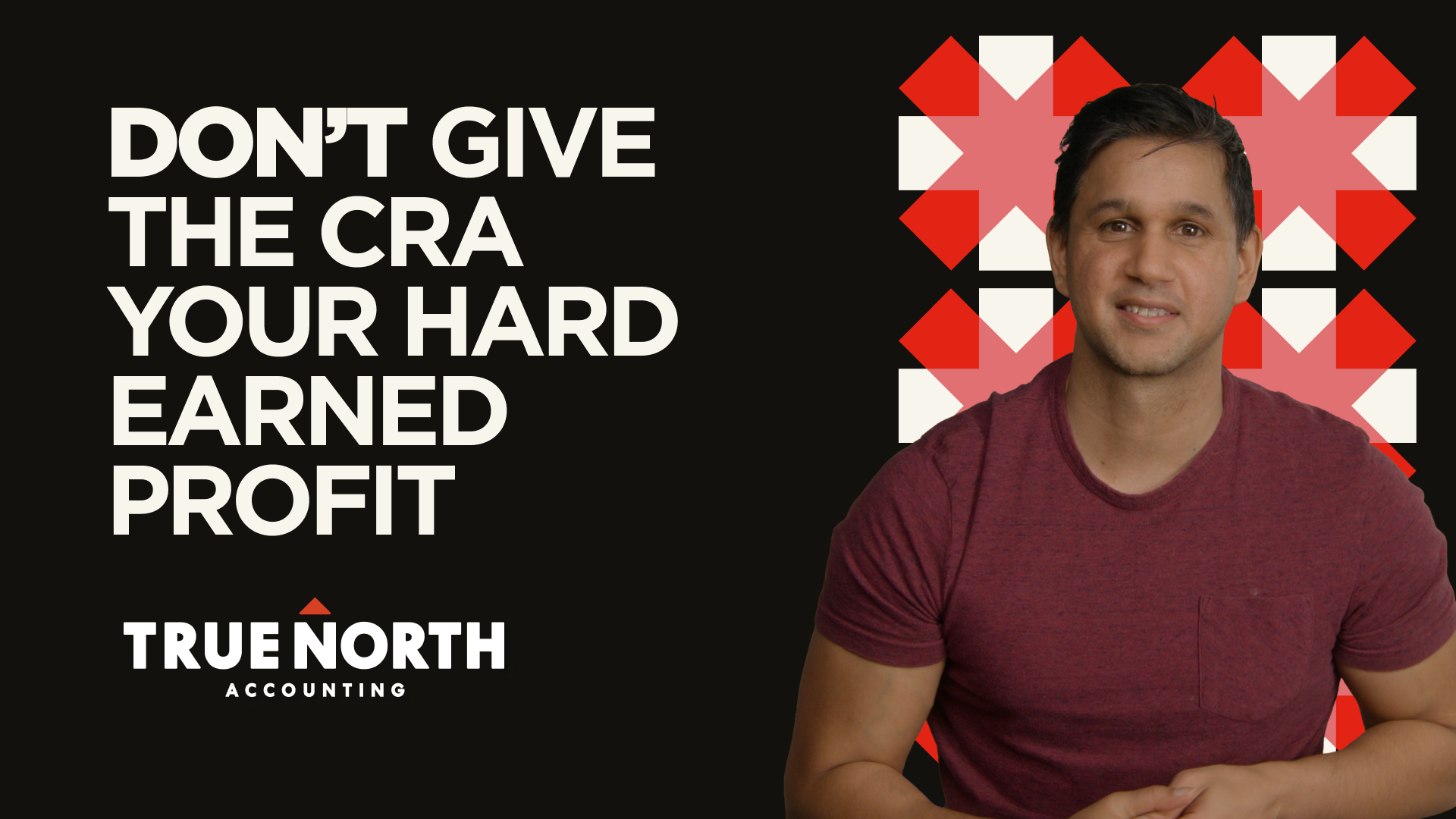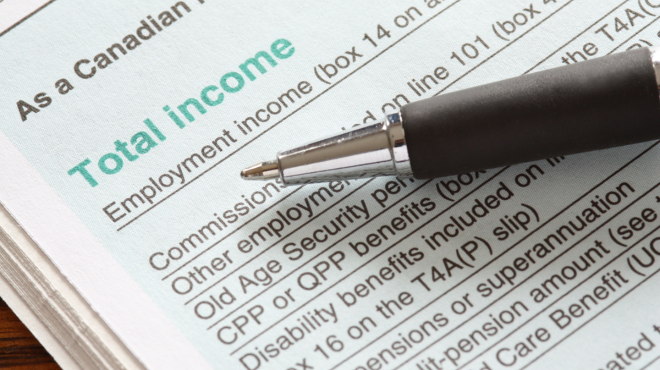EVERYTHING TO KNOW ABOUT CORPORATE TAXES
 WHAT YOUR CORPORATION IS TAXED ON
WHAT YOUR CORPORATION IS TAXED ON
Corporate tax rates in Canada and Alberta
When it comes to taxes, everyone’s first question is: How much am I going to owe?
A Canadian small business corporation (CCPC) is eligible for the small business deduction up to a $500,000 threshold. Which means you will only pay 11% in corporate taxes on your first $500,000 in active business income.
Your active business income is the money you make doing business. It’s treated differently by the CRA than any income you make from investments or rental properties.
What is goods and services tax (GST)?
Most small businesses in Alberta are required to start collecting GST in the year they reach $30,000 in sales. Your business must register for a GST number before it can start charging GST to customers. Charge 5% GST on all sales that are not GST-exempt. You collect this 5% on behalf of the government, not for yourself. So stash the GST you collect in a savings account.
Did you know? You subtract the GST you pay on goods and services (input tax credits) from what you collect. Then, you remit your net GST to government.
Or you may qualify for the quick method. If you do, you simply remit 3.6% of your gross sales (including GST) to the CRA. Learn more about GST.
When are payroll remittances required?
If you have employees (even if you just pay yourself a salary, rather than dividends), you’ll need to withhold income tax, Canada Pension Plan (CPP) and Employment Insurance (EI) from all employees’ pay cheques.
For CPP, you’re responsible for paying 50%, and the employee pays 50%. Did you know that CPP rates are going up over the next several years?
Payroll remittances are due the 15th of the month following when the employee gets paid.
Which brings us to…
 PAYING YOUR TAXES ON TIME
PAYING YOUR TAXES ON TIME
When are corporate income taxes due?
Corporate income taxes are due three months after the year-end. You technically have an additional three months to file your corporate tax return. But the tax payment is due at three months (and so is your GST). If you’re late filing your corporate income tax return, you pay a 10% penalty on any tax owing. You’ll continue to pay 1% on this unpaid tax every month until it’s paid.
Do I really need to make corporate tax instalments?
If your corporation owed more than $3,000 last year in corporate income tax or GST, you’ll need to make tax instalments. The CRA will send you a schedule of how much you owe, and when. Schedule automatic payments from your bank account and never pay interest (which starts accruing the day following the deadlines).
 TAX PLANNING + ORGANIZATION
TAX PLANNING + ORGANIZATION
So, now that you’re done with your taxes, you’re not going to think about taxes for another year, right? Au contraire! Now is the perfect time to start thinking about next year. If you do some planning, you might be able to save some money. And if you get organized now, you’ll thank yourself later.
Tax planning
The goal of tax planning is to minimize your taxes over the long term. One example of a tax planning strategy would be to shift, or “defer” taxable income from your high income earning years, to years when you would be in a lower tax bracket. It’s all about managing those tax brackets.
One of the biggest tax planning opportunities is owner’s compensation. You can pay yourself through dividends (i.e. a distribution of the profits). Or you can choose to pay yourself a salary (or wages), which means you get paid as an employee of the business. Both have pros and cons. We can help you decide what’s best for you and your company.
If a family member, like your spouse, works for your company, you can income split, as long as their compensation is reasonable for the work they do.
Another tax planning opportunity is to build up your shareholder loan account by investing in your business. Essentially, you loan your own personal money to your business. When your business pays you back, the repayment is not taxable.
Learn how to maximize your vehicle and home office expenses. There are some grey areas, but make sure you don't do anything that will put you at jeopardy with the CRA.
Borrowing money, taking out life insurance policies, and buying or selling an asset are other things to consider when you tax plan for the year. With our one-price structure, we’re happy to answer any questions, and can meet for a mid-year check-in to make sure your tax plan is on track.
 WHAT TO DO WHEN THE CRA CALLS (AND AVOID A TAX AUDIT)
WHAT TO DO WHEN THE CRA CALLS (AND AVOID A TAX AUDIT)
Another advantage of working with us: You will never have to deal with the CRA again! If the CRA sends you a brown envelope or email requesting additional documentation, you can hand it over to us and we’ll deal with it.
Remember these requests are time sensitive, so be sure to hand them over to us or deal with them promptly.
If they call you, just tell them to call your accountant. Or let us know and we’ll call them back for you. When we’re responsive and polite, and give them the answers and support they need to do their jobs, we can prevent the vast majority of CRA audits.
 CALGARY’S BEST SMALL BUSINESS ACCOUNTANTS
CALGARY’S BEST SMALL BUSINESS ACCOUNTANTS
It’s our mission to take the burden of taxes and accounting off your shoulders so that you can focus on what you do best. When you work with us, you get one all-in, upfront price and full CRA support. We’ll get your taxes done on time and make sure you get all of your write-offs and deductions. Read more about who we are, what we offer and who we work with.























